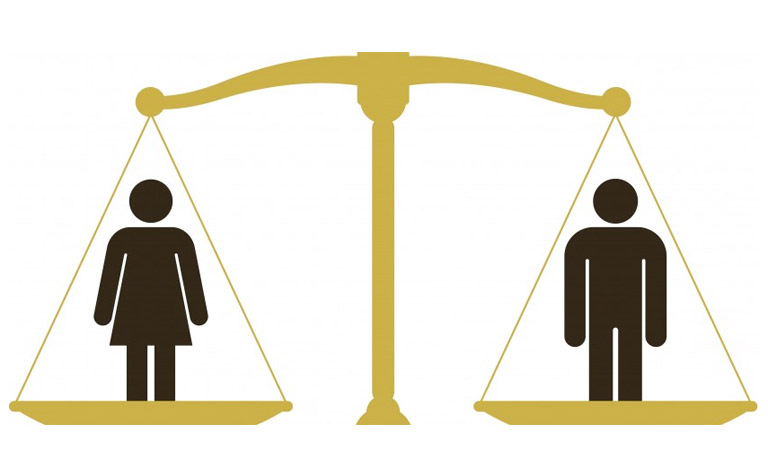 Factors at play within this area are expected to be complex and multiple
Factors at play within this area are expected to be complex and multipleNot only was Iceland top ranked on the World Economic Forum’s 2015 global gender gap index, it now aims to pave the way by closing the wage gap between men and women.
If passed, the presentation of an equal pay bill in parliament will extend beyond the public sector, to include private entities that have more than 25 employees. Minister of social affairs and equality, Thorstein Viglundsson, said that each entity would need to certify its equal pay programmes by 2020. This requirement will aim to see the pay gap between the 323,000 Icelandic men and women virtually close.
As in most countries, the gender pay gap in Iceland is an ugly reality. Fortunately, unlike most countries, they are willing to use their knowledge and processes to enforce the new bill by taking serious measures. Private businesses and government agencies that do not pass their audits or fail their equal-pay certification will be subjected to fines.
The entities that are affected by this law will be required to submit their documentation in the same manner that annual financial statements are returned. Not submitting the obligatory documentation will lead to fines, making these requirements the first of their kind globally. Viglundsson said that they realised that if they wanted progress, they would need to enforce it.
The benefits of the law are obvious, even though the added requirements might be putting an extra burden on the economy and businesses in Iceland. The government has weighed up the extra requirements needed and compared it to the benefits of having a society that does not discriminate against women.
The result were strongly in favour of having society centred around equality. The companies and management that have been going through the process have been positive, as HR departments have seen the benefits of assessing their various pay sections. The bill is well received by the centre-right coalition government and the opposition. As it is, almost half of the Icelandic parliament already consists of female lawmakers.
Iceland is thriving economically and has a growing tourism industry. It is seldom not on top of the world fairness ranking and now it has taken a further step towards equality between men and women in the workplace. The law that will take effect from January would see the 14% to 20% of women that earn less than men brought onto an equal level within 5 years.
Join Over 40,000 Recruiters. Get our latest articles weekly, all FREE – SEND ME ARTICLES
Recruiters love this COMPLETE set of Accredited Recruitment & HR Training – View Training Brochure








